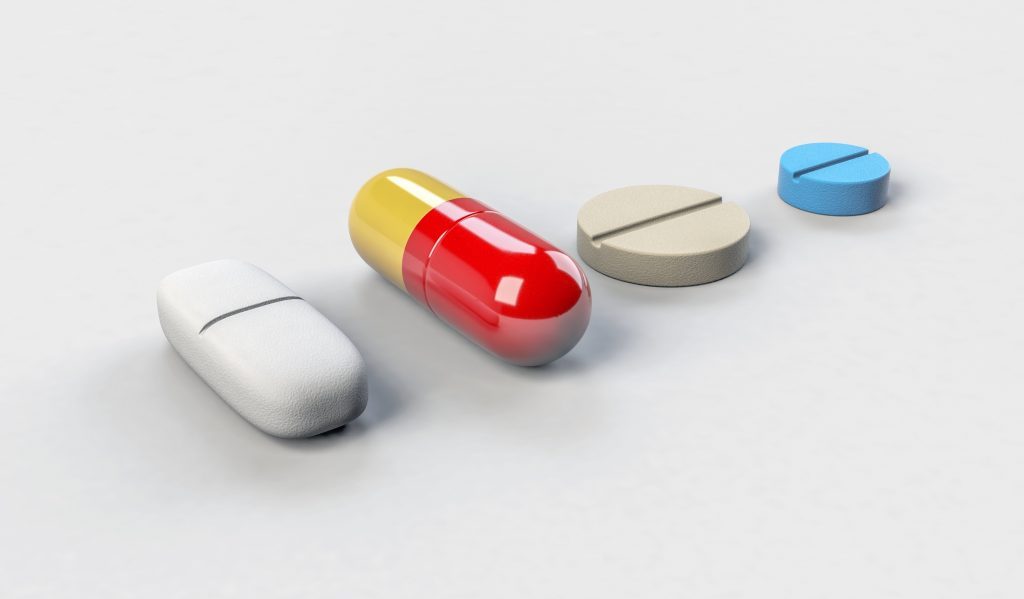Chest pain is a very common symptom of many diseases, including lung diseases. But in most cases, chest pain is not related to lung nodules.
What are lung nodules?
Lung nodules are small lesions in the lungs that appear as coin-shaped shadows on CT scans. More than 80% of lung nodules are less than 2 cm in diameter.
Lung nodules and chest pain
The lungs, like other internal organs, are not very sensitive to pain. This is because the lungs only have nerve distribution in the central and superficial pleura, while the nerves are more abundant on the inner side of the ribs (i.e., the parietal pleura).
Lung nodules do not usually irritate the lungs themselves, nor do they invade and cause pain in the organs and tissues around the lungs. So chest pain is generally not associated with lung nodules.
Rarely, lung nodules may also cause chest pain. For example, a part-solid nodule that grows rapidly and is very close to the pleura could theoretically cause chest discomfort and pain. If a nodule is cancerous and has spread to the pleura, the resulting malignant pleural effusion can also cause chest pain.
However, both of these occurrences are rare. In clinical practice, most patients with detectable lung nodules (found during physical examinations) do not experience chest pain.
Common causes of chest pain
So what does chest pain usually stem from? There are generally the following.
- Pleural pain caused by pneumonia, tuberculosis, pulmonary embolism, etc., or by pleural rupture;
- Pain caused by lesions in the chest wall;
- Pain in the anterior chest region caused by heart problems;
- Pain in the sternum, ribs, and rib cartilage.
Mental stress and chest pain
Mental state can also affect the body, causing symptoms including chest pain. Some people develop significant mental stress as soon as a lung nodule is detected. They may experience chest discomfort, pain, and other problems. These “symptoms” are caused by stress and fear, not by the nodule itself.
Conclusion
Lung nodules do not usually cause chest pain; this only happens in rare cases. Chest pain is usually caused by other diseases. If you experience chest pain or other symptoms, it is important to consult your doctor to identify the underlying cause and receive appropriate treatment.
